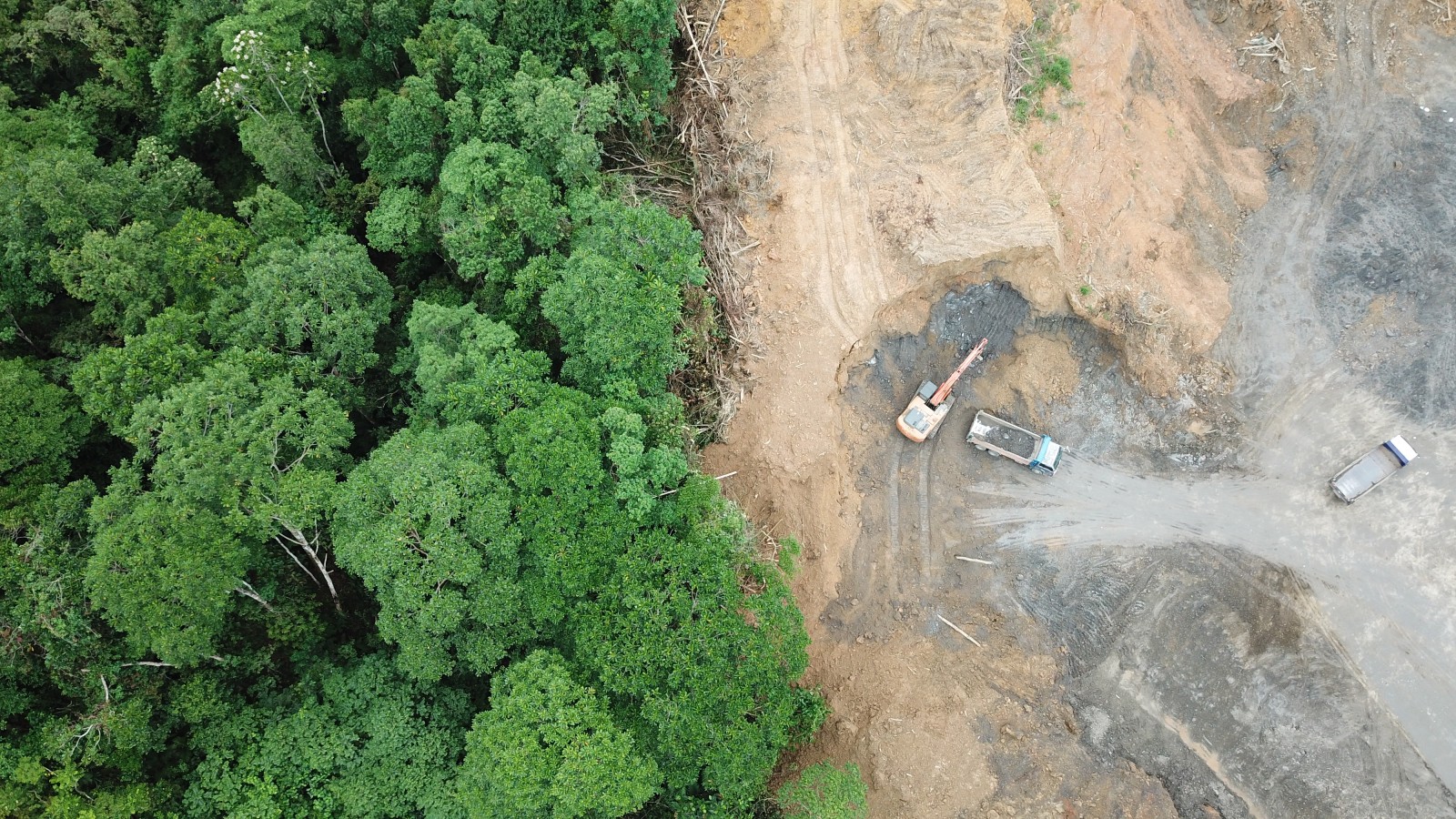Care about deforestation? Time to forgo your steak and morning cup of jo

Carrefour among supermarkets dropping Brazilian beef over deforestation connection: European supermarket chains Carrefour, J Sainsbury, and Ahold Delhaize are at the head of a movement by retailers to stop selling Brazilian beef products after an investigation (pdf) found that the country’s livestock industry contributes to the deforestation of the Amazon rainforest, writes the Financial Times. “Cattle raising has become the main reason for clearing the largest tropical forest on the planet,” with pastures representing 65% of the land deforested in the Amazon, the 2021 Reporter Brasil investigation said.
Will this environmentally-friendly outlook trickle down to Carrefour’s branches in Egypt? So far, there is no indication of that happening, but the retailer has said it would “increase its surveillance in all its operating countries”. Egypt is a huge importer of Brazilian beef, with estimated imports of USD 784 mn in 2020, according to Trading Economics.
We reached out to Carrefour Egypt, who refused to comment on this matter.
Something else we may have to say goodbye to… coffee: The process of manufacturing coffee has led to everything from deforestation to high water consumption, meaning your morning cup of joe is effectively “destroying the planet,” writes CNBC. Over the last 30 years, growing demand for coffee has led to a 60% increase in production, according to research (pdf) by the International Coffee Organization.
But a group of scientists in Finland are trying to find another way to have our coffee without guilt: The VTT Technical Research Centre of Finland has found a way to produce coffee cells in a bioreactor through cellular agriculture, making it more environmentally friendly than the alternative, according to a press release. The first batches of the sustainable drink “smell and taste like conventional coffee,” the lab added. Another advantage is that coffee can now be produced anywhere under the right conditions and therefore removing the supply volatility in the industry. The only hiccup is the tech needed for the process is still too costly to be mass utilized — excluding of course the fact that drinking coffee from a lab is a bit of a sad concept.
Coffee really has had a tough year: Coffee prices have reached a 10-year high this year due to global supply constraints coupled with trouble brewing in major exporting regions. The problem has gotten so intense that some people have had to succumb to desperate measures to ensure their morning elixir (watch, runtime: 00:06).